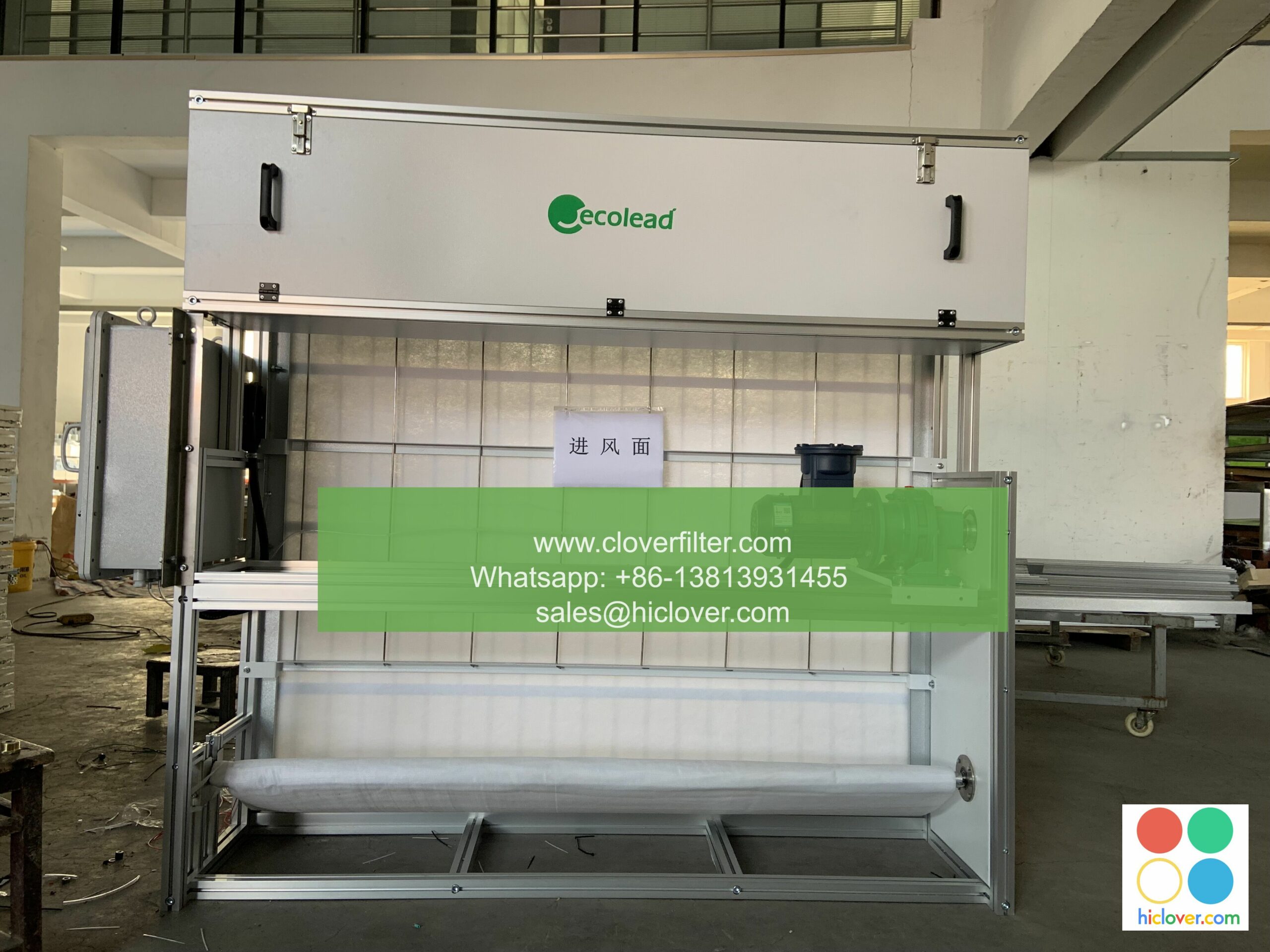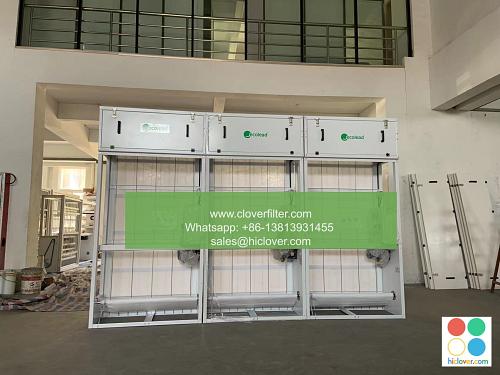Air Filter Cost Savings and ROI

Air filtration systems are an essential component of maintaining good indoor air quality (IAQ) in various settings, including commercial buildings, residential homes, and industrial facilities. High-quality air filters can help reduce energy consumption, lower maintenance costs, and improve the overall health and productivity of occupants. In this article, we will explore the cost savings and return on investment (ROI) of air filters, highlighting their applications in heating, ventilation, and air conditioning (HVAC) systems, industrial processes, and healthcare facilities.
Energy Efficiency and Cost Savings
Air filters play a crucial role in maintaining the energy efficiency of HVAC systems. By capturing dust, dirt, and other airborne contaminants, high-quality air filters can help reduce the workload on HVAC systems, resulting in lower energy consumption and cost savings. According to the U.S. Department of Energy, a high-efficiency air filter can save up to 30% of energy costs compared to a low-efficiency filter. Additionally, regular filter maintenance and replacement can help prevent premature equipment failure, reducing the need for costly repairs and replacements.
Extended Equipment Life and Reduced Maintenance
High-quality air filters can also help extend the life of HVAC equipment and reduce maintenance costs. By capturing airborne contaminants, air filters can prevent corrosion and wear and tear on equipment, resulting in longer equipment life and reduced maintenance needs. Furthermore, high-quality air filters can help reduce the risk of equipment downtime, minimizing the impact of maintenance and repairs on business operations.
Improving Indoor Air Quality and Occupant Health
Air filters are essential for maintaining good IAQ, which is critical for occupant health and productivity. High-quality air filters can capture particulate matter (PM), volatile organic compounds (VOCs), and other airborne contaminants, reducing the risk of respiratory problems and other health issues. In healthcare facilities, high-quality air filters are particularly important for preventing the spread of infections and maintaining a sterile environment.
ROI and Cost-Benefit Analysis
The ROI of air filters can be significant, particularly in commercial and industrial settings. By reducing energy consumption, lowering maintenance costs, and improving IAQ, high-quality air filters can provide a rapid payback period, often within 1-3 years. A cost-benefit analysis of air filters should consider factors such as energy savings, equipment life extension, and maintenance cost reduction, as well as the costs associated with filter replacement and maintenance.
Conclusion
In conclusion, high-quality air filters can provide significant cost savings and ROI in various application areas, including HVAC systems, industrial processes, and healthcare facilities. By understanding the benefits of air filtration, including energy efficiency, extended equipment life, and improved IAQ, facility managers and business owners can make informed decisions about air filter selection and maintenance. By investing in high-quality air filters, businesses and organizations can reduce costs, improve occupant health and productivity, and achieve a rapid return on investment. You haven’t provided a prompt or question for me to answer. Please provide more context or ask a question, and I’ll do my best to provide a helpful and direct response. What’s on your mind?

